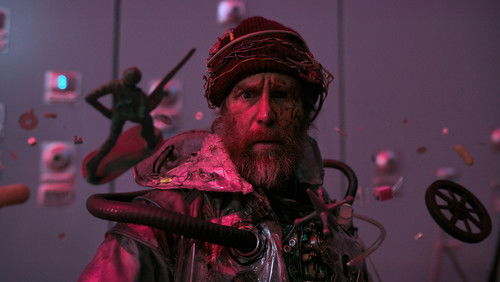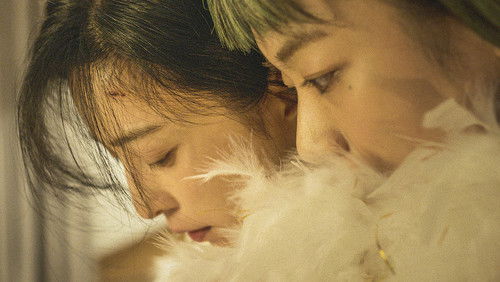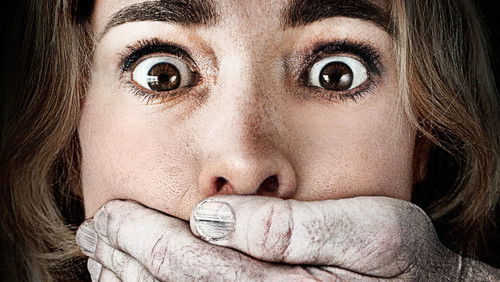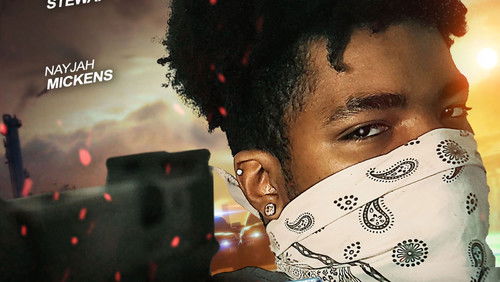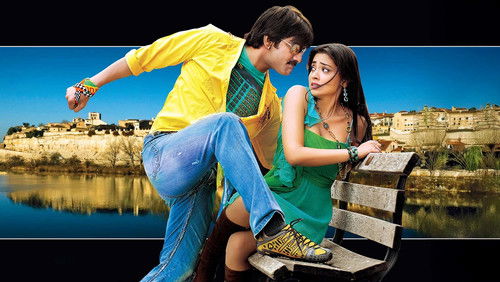Kemono no nemuri (1960)
22KKemono no nemuri: Directed by Seijun Suzuki. With Hiroyuki Nagato, Kazuko Yoshiyuki, Shinsuke Ashida, Kô Nishimura. A businessman returns from an extended trip, but something seems off. Criminal operations and religious cults come into play, while the man’s daughter and her journalist boyfriend race to find the truth.
“After viewing The Boy Who Came Back (1958-also reviewed) from Vol 1,I went back to Vol 2 in order to keep watching the titles in order of release. Surprised to find no review on this site for the title,I awoke the beast.u003cbr/u003eu003cbr/u003eNote:Review contains spoilers.u003cbr/u003eu003cbr/u003eView on the film:u003cbr/u003eu003cbr/u003eA noticeable improvement over the first presentation in the set, (Eight Hours of Terror (1957-also reviewed) Arrow deliver a excellent transfer,with the moody black and white colour picture clean,and the soundtrack being crisp.u003cbr/u003eu003cbr/u003eThe first of two back to back productions that use a newsroom as a prominent setting, directing auteur Seijun Suzuki goes to the printers with occasional collaborator of this period cinematographer Shigeyoshi Mine for hot off the presses Film Noir atmosphere.u003cbr/u003eu003cbr/u003eLooking down the starboard as a drug bundle sails into the country, Suzuki twists his distinctive surrealist Japanese New Wave motifs into Film Noir grit, peeling back the flashbacks with mesmerising in-camera tricks dissolves frames of the person talking onto the overlapping flashbacks taking place.u003cbr/u003eu003cbr/u003eContinuing to build on his major recurring motifs by rolling the camera with Kasai and Keiko out of the hip youthful Jazz clubs and out to the brittle urban landscape, where the stench of corruption hangs on the thick cut black and white shadows lining the streets, Suzuki burns down the façade of moral authority with a blazing final that destroys each level of corruption Kasai found.u003cbr/u003eu003cbr/u003eCasting a uncomfortable smile across his face like Joker, Shinsuke Ashida gives a thrilling performance as Junpei,who Ashida has mask his activates with a false fatherly calm towards his daughter Keiko, (played by a wonderfully understated Kazuko Yoshiyuki) which cracks at the edges each time Keikou0026#39;s boyfriend reporter Kasai (played by a energetic Hiroyuki Nagato) gets closer to breaking the story.u003cbr/u003eu003cbr/u003eSpoofing Nikkatsuu0026#39;s u0026quot;Sun-Tribeu0026quot; genre flicks with a crime syndicate run by a u0026quot;Sun Godu0026quot; cult inside a temple, the screenplay by Ichiro Ikeda (who joined with Suzuki on Youth of the Beast (1963)) u0026amp; Itaru Kikumura brilliantly continue to build the major theme of Suzukiu0026#39;s credits from this era, of the generational divide and the youth challenging the false authority of the prior generation, as the crusading Kasai chips at Junpeiu0026#39;s grin,to expose the sleeping beast.”
